After going through a wrongful conviction lawsuit, Obie Anthony and his co-defendant, Reggie Cole, don’t think that the huge $8.3 million lawsuit settlement payment makes up for all the years they spent behind bars. A judge recently threw out Anthony’s murder conviction, but after spending 17 years in prison, Anthony doesn’t feel like the money makes up for the suffering he’s endured.
This lawsuit settlement payment settled a civil lawsuit that showed a murder investigation with many problems, such  as perjured testimony, withholding evidence, and ignoring leads pointing to other suspects.
as perjured testimony, withholding evidence, and ignoring leads pointing to other suspects.
The case goes back to 1994 when Felip Gonazales Angeles shot outside of a brothel in South Los Angeles. Both Anthony and Cole ended up convicted for this murder, even though no physical evidence connecting them to the murder was ever found. John Jones, the pimp running the brothel was the key eyewitness in the case. After being convicted of murder, both men were sent to prison without parole.
In 2000, Cole was charged with murder after stabbing another inmate to death. It was Cole’s claim that he acted in self-defense that brought light to his plight. Eventually, the California Innocence Project started looking into the case and found that Jones fabricated his testimony. Cole’s conviction was overturned in 2009, and two years later Anthony was released and was found innocent of the crime as well.
After both men were found innocent, they sued the city of Los Angeles and the detectives on the case for wrongful imprisonment. The suit alleged that detectives wrote reports mischaracterizing eyewitness accounts, suppressed evidence, and protected Jones, ignoring his illegal activities and failing to pursue alternative theories in the case.
While not all lawsuits result in a settlement payment, in this case, Los Angeles paid out $8.3 million to Obie Anthony. Both Marilyn Bednarski and David McLane represented Anthony in this case, and McLane commented that Anthony was paid such a huge settlement because of police wrongdoing and Anthony’s innocence. However,  while Anthony was awarded a settlement, the city has never admitted to any wrongdoing and argues that detectives properly conducted the investigation.
while Anthony was awarded a settlement, the city has never admitted to any wrongdoing and argues that detectives properly conducted the investigation.
Although Anthony doesn’t feel like the money takes care of his suffering, he does have plans to move on. He plans to use his money to open a transition center for exonerated prisoners, giving them a place to go and people to rely on once they’re released from prison.

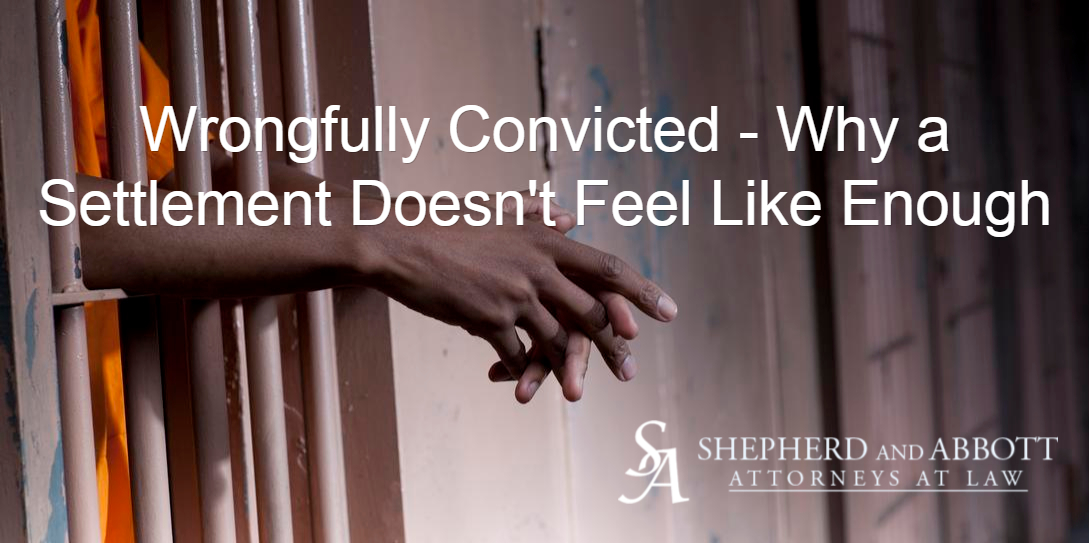

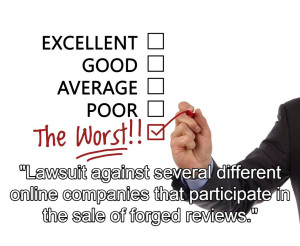 deliver fake five-star reviews as a means of deceiving buyers into purchasing poorly rated products.
deliver fake five-star reviews as a means of deceiving buyers into purchasing poorly rated products. Lawsuits such as this are imperative to maintaining the reputability and trustworthiness of businesses, so consumers can continue to have confidence and assurance over the products they purchase. Amazon took a noble step in filing a lawsuit, which will hopefully serve as a warning to others hoping to profit off of the callous deception of consumers. Though, as James Tenser from VSN strategies stated, “Paid ads should be identified as such. Amazon’s legal action is welcome now, but Amazon has already profited greatly over the years from turning a blind eye to this odious practice.”
Lawsuits such as this are imperative to maintaining the reputability and trustworthiness of businesses, so consumers can continue to have confidence and assurance over the products they purchase. Amazon took a noble step in filing a lawsuit, which will hopefully serve as a warning to others hoping to profit off of the callous deception of consumers. Though, as James Tenser from VSN strategies stated, “Paid ads should be identified as such. Amazon’s legal action is welcome now, but Amazon has already profited greatly over the years from turning a blind eye to this odious practice.”
 strongly suggests the ambulance companies fraudulently claimed more than 15 million dollars for those misrepresented patients.
strongly suggests the ambulance companies fraudulently claimed more than 15 million dollars for those misrepresented patients.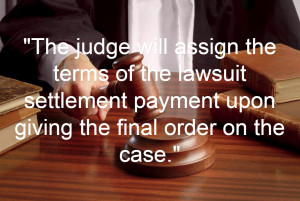 The companies’ deemed responsible for the fraudulent claims must repay the total listed amount by the given date or face further repercussions. The judge will assign the terms of the lawsuit settlement payment upon giving the final order on the case. For the foreseeable future, all further claims from these companies, and related claims from un-involved entities, will be under intense scrutiny by all US government insurance representatives.
The companies’ deemed responsible for the fraudulent claims must repay the total listed amount by the given date or face further repercussions. The judge will assign the terms of the lawsuit settlement payment upon giving the final order on the case. For the foreseeable future, all further claims from these companies, and related claims from un-involved entities, will be under intense scrutiny by all US government insurance representatives.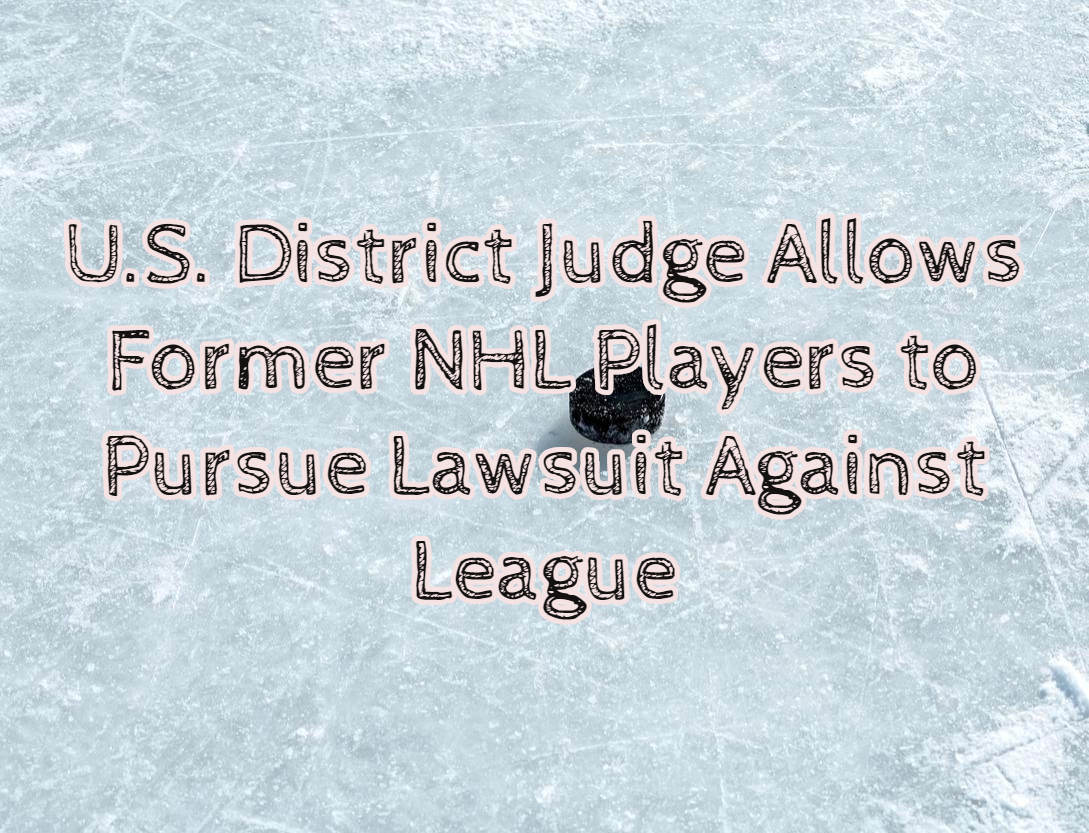
 initiatives related to football safety.
initiatives related to football safety. The plaintiffs are seeking unspecified financial damages and medical monitoring for the myriad of neurological disorders that are common among both former NHL and former NFL players, such as Parkinson’s and Alzheimer’s disease. Their lawsuit will increase awareness of the dangers of concussion injuries and increase safety standards by the league, regardless of the lawsuit settlement payment.
The plaintiffs are seeking unspecified financial damages and medical monitoring for the myriad of neurological disorders that are common among both former NHL and former NFL players, such as Parkinson’s and Alzheimer’s disease. Their lawsuit will increase awareness of the dangers of concussion injuries and increase safety standards by the league, regardless of the lawsuit settlement payment.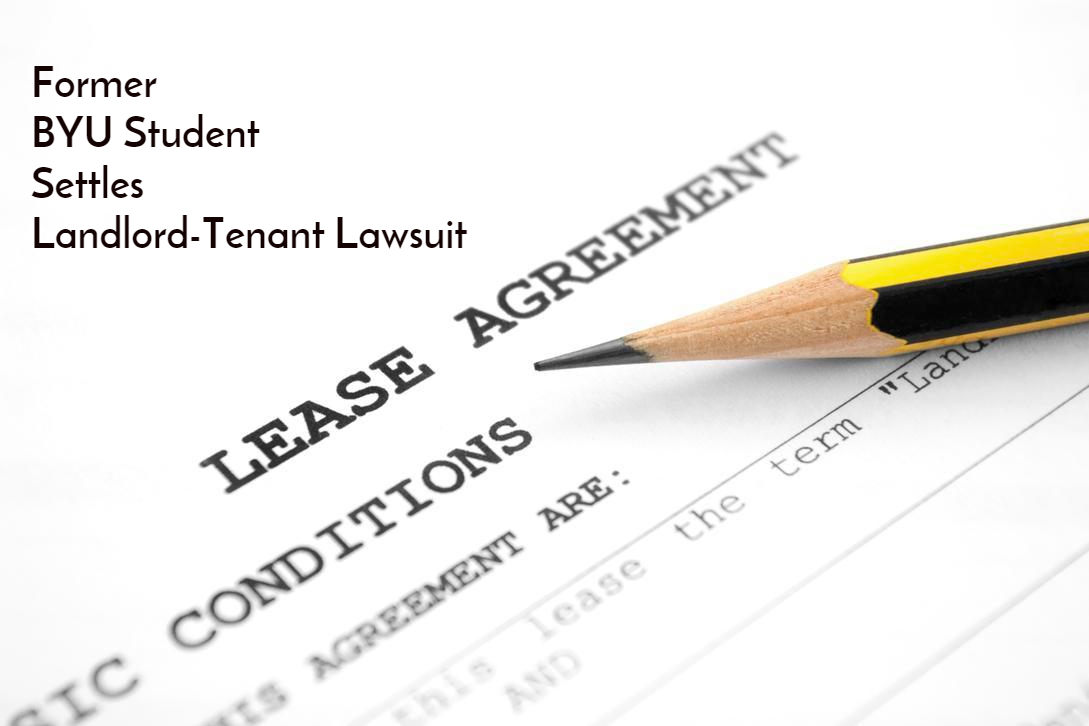
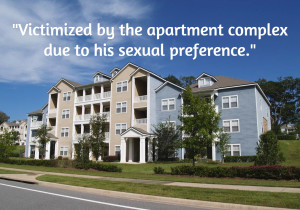 Andrew White, a former BYU student, has settled a highly publicized eviction lawsuit. White was evicted from his Provo apartment complex after his landlord claimed that he violated policies in his lease along with BYU’s code of honor and residential living standards. White, who is gay, allegedly had a dispute with his roommates over food which eventually led to them kicking him out of the house. His roommates allegedly turned against him after he admitted that he was gay and professed his adoration for one of his fellow apartment tenants.
Andrew White, a former BYU student, has settled a highly publicized eviction lawsuit. White was evicted from his Provo apartment complex after his landlord claimed that he violated policies in his lease along with BYU’s code of honor and residential living standards. White, who is gay, allegedly had a dispute with his roommates over food which eventually led to them kicking him out of the house. His roommates allegedly turned against him after he admitted that he was gay and professed his adoration for one of his fellow apartment tenants. Terms of the settlement were not disclosed. Yet White demanded damages in excess of $100,000, so it is believed that he emerged from the conflict with a sizable lawsuit settlement payment. White demanded such a large sum in order to pay for his relocation costs, damages, the repair and replacement of personal belongings and compensation for stress, fear and anxiety that he has endured since his eviction from the Village at South Campus.
Terms of the settlement were not disclosed. Yet White demanded damages in excess of $100,000, so it is believed that he emerged from the conflict with a sizable lawsuit settlement payment. White demanded such a large sum in order to pay for his relocation costs, damages, the repair and replacement of personal belongings and compensation for stress, fear and anxiety that he has endured since his eviction from the Village at South Campus.
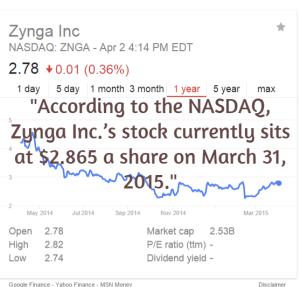 According to the NASDAQ, Zynga Inc.’s stock currently sits at $2.865 a share on March 31, 2015. However, the company’s previous history predictions of high ROIs fell short following the launch of Zynga’s IPO in December 2011, which ultimately led to the current legal situation involving fraud, concealment of business expectations, and inflation of its 2012 revenue forecast.
According to the NASDAQ, Zynga Inc.’s stock currently sits at $2.865 a share on March 31, 2015. However, the company’s previous history predictions of high ROIs fell short following the launch of Zynga’s IPO in December 2011, which ultimately led to the current legal situation involving fraud, concealment of business expectations, and inflation of its 2012 revenue forecast.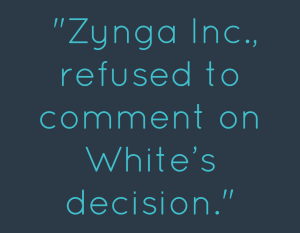 Since before the dismissal of allegations in February 2013, Zynga shares have remained steady below $5. Part of the problem lies in a failure of Zynga to introduce new games as competitors, such as King Digital Entertainment Plc, continue to make millions on games like “Candy Crush Saga and Bubble Witch.”
Since before the dismissal of allegations in February 2013, Zynga shares have remained steady below $5. Part of the problem lies in a failure of Zynga to introduce new games as competitors, such as King Digital Entertainment Plc, continue to make millions on games like “Candy Crush Saga and Bubble Witch.”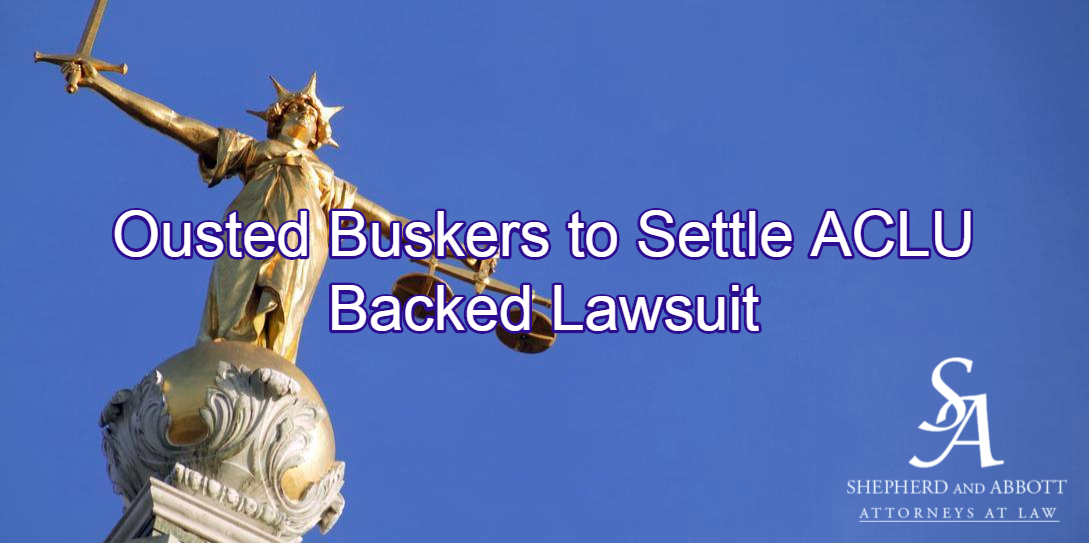
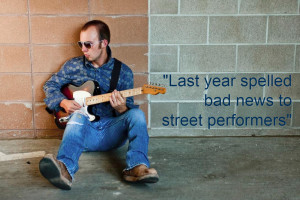 Last year spelled bad news to street performers, also known as buskers, in Saugatuck, Michigan. Street performers throughout Saugatuck had been told they must obtain permits before performing on sidewalks in an attempt to earn tips. Street performers fell under the Public Entertainment Ordinance, making it much more difficult for buskers to busk.
Last year spelled bad news to street performers, also known as buskers, in Saugatuck, Michigan. Street performers throughout Saugatuck had been told they must obtain permits before performing on sidewalks in an attempt to earn tips. Street performers fell under the Public Entertainment Ordinance, making it much more difficult for buskers to busk.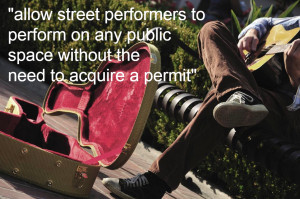 According to the ACLU, Saugatuck’s Public Entertainment Ordinance, required that businesses who wish to host an event acquire a permit 60 days prior to the event, hold related insurance and even provide toilets and parking to attendants. While a reasonable request of an event hosted by a business, this ordinance was also being applied to street performers. How could they possibly comply?
According to the ACLU, Saugatuck’s Public Entertainment Ordinance, required that businesses who wish to host an event acquire a permit 60 days prior to the event, hold related insurance and even provide toilets and parking to attendants. While a reasonable request of an event hosted by a business, this ordinance was also being applied to street performers. How could they possibly comply?
